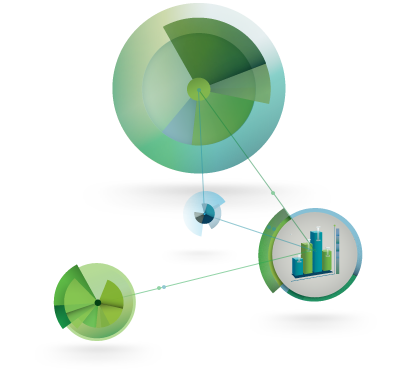How to Choose the Right Brokerage Account for Online Investing For Dummies
Post on: 6 Июль, 2015 No Comment

Online investors are unlikely to have tax consultants on retainer, so they need to know how picking the right kind of account can lower their tax bills. Brokerage accounts might all seem the same; after all, theyre just holding tanks for investments. Different types of brokerage accounts, though, look very different to the government.
Thanks to the unbelievable complexity of the tax code, you can use three main types of accounts to hold your investments: taxable, retirement, and education savings accounts.
Investing in taxable accounts
Taxable accounts are very liquid, meaning that you can easily access the money without paying special penalties. But that flexibility comes at a cost: taxes. When stocks you own in taxable accounts go up, or appreciate, and you sell them, you owe capital gains taxes on your profit that tax year. And if the stocks issue you cash payments, you owe tax on those, too.
If taxes are your primary concern with investing, consult with books on the topic or with a tax professional.
When you sell a stock held in a taxable account that has appreciated in value, you usually have taxes to pay. Generally, such capital gains taxes are calculated based on how long you owned the stock. There are two holding periods:
Short-term: Thats the type of capital gain you have if you sell a stock after owning it for one year or less. You want to avoid these gains if you can because youre taxed at the ordinary income tax rate.
Long-term: Thats the type of capital gain result you get if you sell a stock after holding it for more than one year. These gains qualify for a special discount on taxes.
If youre interested in cutting your tax bill in a taxable account, you want to reduce, as much as possible, the number of stocks you sell that youve owned for only a year or less because theyre taxed at your ordinary income tax levels.
Putting your money into retirement accounts
Retirement is one of the largest and most intimidating things you must save for.
The bright side is that special retirement accounts make saving easier:
401(k)s are typically retirement plans sponsored by a company. Oftentimes the company matches the employees contributions. 401(k) plans allow you to delay when you must pay taxes on your contributions and investment gains.
Traditional individual retirement accounts or arrangements (IRAs) are available to people under the age of 70-1/2 who earn as much money as they wish to contribute to an IRA and want to delay when taxes are due on retirement savings. Your contributions might also be tax deductible if youre not covered by a company retirement plan or dont exceed income limits. You can look up the current limits on the IRS Web site .
Roth IRAs are retirement savings accounts that let you put in money thats already been taxed so that it can grow and never be taxed again.

Other popular retirement plans include simplified employee pension (SEP) accounts, 403(b) plans for employees of tax-exempt entities, and Keogh plans, which each have different advantages and disadvantages.
Investing online with education savings accounts
The cost of a college education keeps soaring. In 2010, the tuition and fees for a four-year public college degree cost $32,600, on average, and a private college costs $121,800, according to Savingforcollege.com. citing data from The College Board.
And it gets worse: Tuition prices go up faster each year, 6.5 percent on average, than prices on almost anything else youd buy, including stamps, eggs, and milk. If you factor in the 6.5 percent annual rate at which tuition fees are increasing, in 18 years, the tab for a public college will hit $92,900, and itll reach $347,700 for a private one.
Online investors can get help from two types of education savings accounts:
529 plans are financially attractive state-sponsored education savings accounts. They can be used to shield money earmarked for college or to prepay college tuition fees to lock in todays price.
Coverdell Education Savings Accounts are more restrictive than some education savings accounts, but they have the huge benefit that the money can be used to pay for elementary and secondary school as well.
- Add a Comment Print Share














